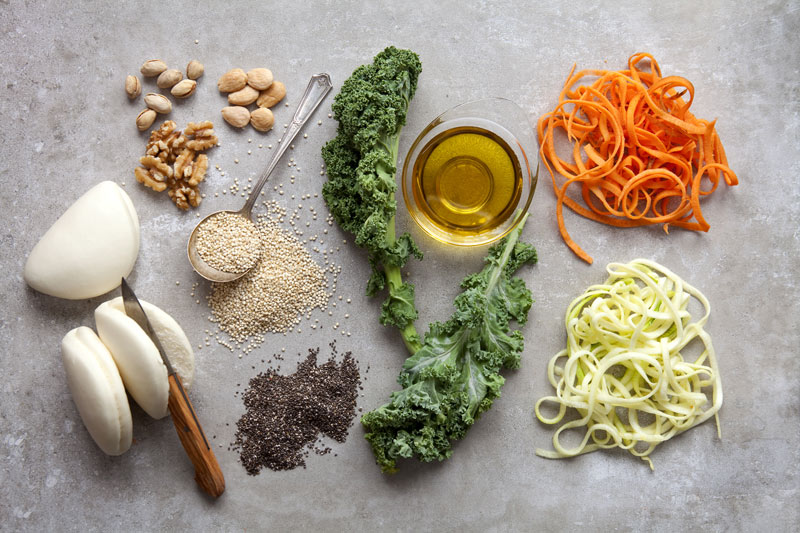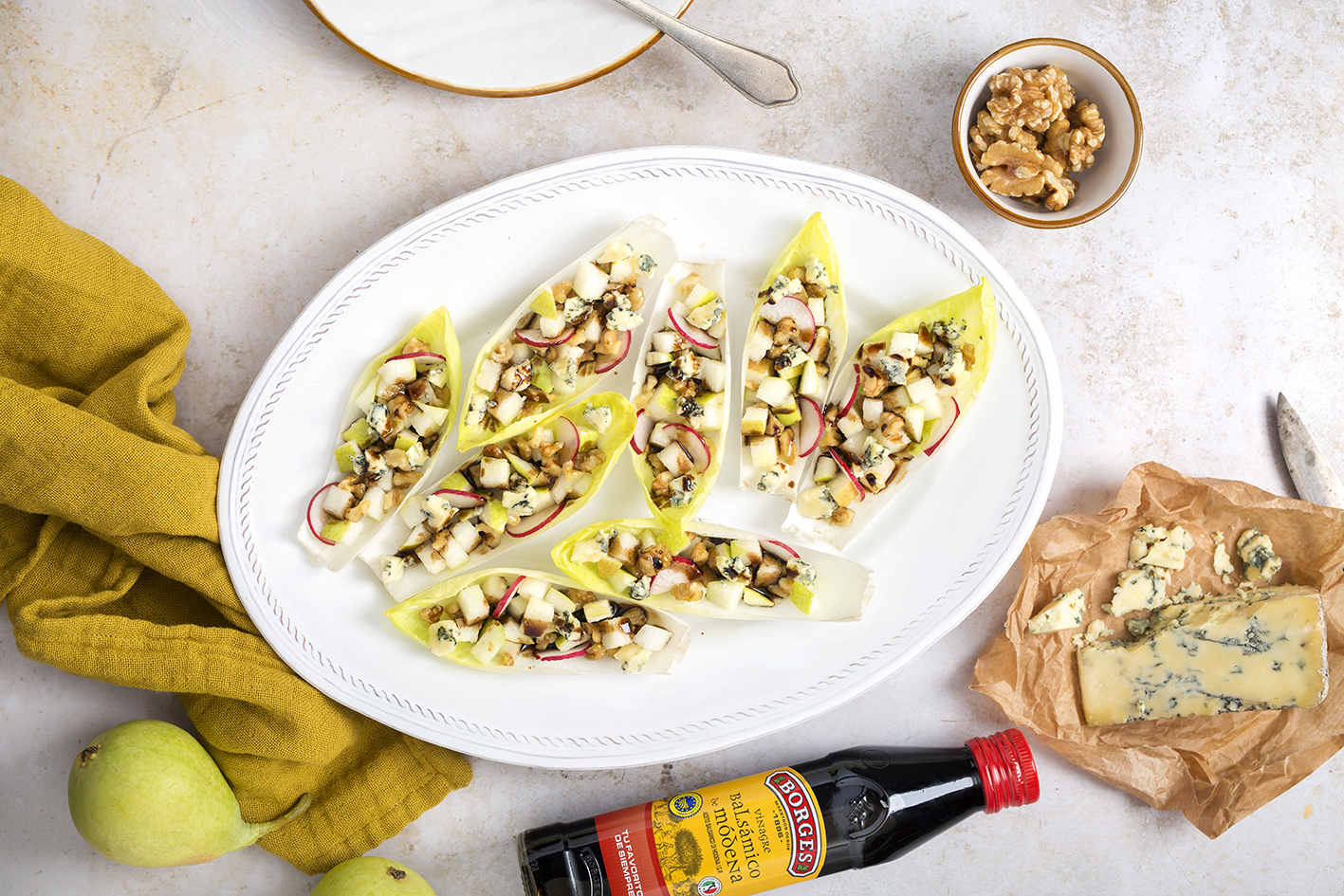We live in an increasingly globalised, interconnected world, where trends come and go in the blink of an eye. Thanks to Instagram, Facebook and Twitter, the latest trending topic in New York is in London, Johannesburg and Beijing in a flash. These new resources and forms of social behaviour not only let us share content in a matter of seconds, but also help make it go viral worldwide. Eager to know what’s going to be at the cutting edge of food in 2016? Take note.
Healthy. We now know full well that “we are what we eat” and if we want to take care of ourselves on the outside we need to watch what’s happening on the inside. More and more people are now eating ecological, artisanal and alternative food, such as dairy-free milk and wholewheat bread and pasta. We’re moving away from mass-produced, additive-heavy foods. We’re also likely to see more healthy gadgets, such as spiralisers, which turn vegetables such as courgettes into spaghetti-like strands.
Street food sandwiches. Street food is alive and kicking and never ceases to come up with new ideas for original rolls and sandwiches. And this style of cooking has expanded from street stalls and food trucks into more and more specialist restaurants. We can now find top-quality rolls, sandwiches and all-the-rage Chinese bao buns made with the very best, fresh, locally sourced ingredients to create global flavours worldwide.
Superfoods. They’re not new, but the list of superfoods just gets longer and longer every year, despite nutritionists’ best efforts to damp down the widespread frenzy around these supposedly miraculous, cure-all foods, which are nothing more than natural foods, mostly vegetables, that give our body a welcome boost of nutrients. Forget about last year’s quinoa, kale and chia seeds: this year’s hits are açaí, sorghum, teff and freekeh.
Good fats. We finally seem to be looking at fats in a more positive light. Avocado—2015’s must-have food—championed the case for “good fats”, unsaturated fats that are also found in other foods such as extra-virgin olive oil, blue fish and nuts. By understanding their role in our body (e.g. they help dissolve fat-soluble vitamins) and the differences between saturated, unsaturated and hydrogenated fats, we can help restore the reputation of this much-maligned macronutrient that was unfairly ostracised by nutrition myths and fad diets.


